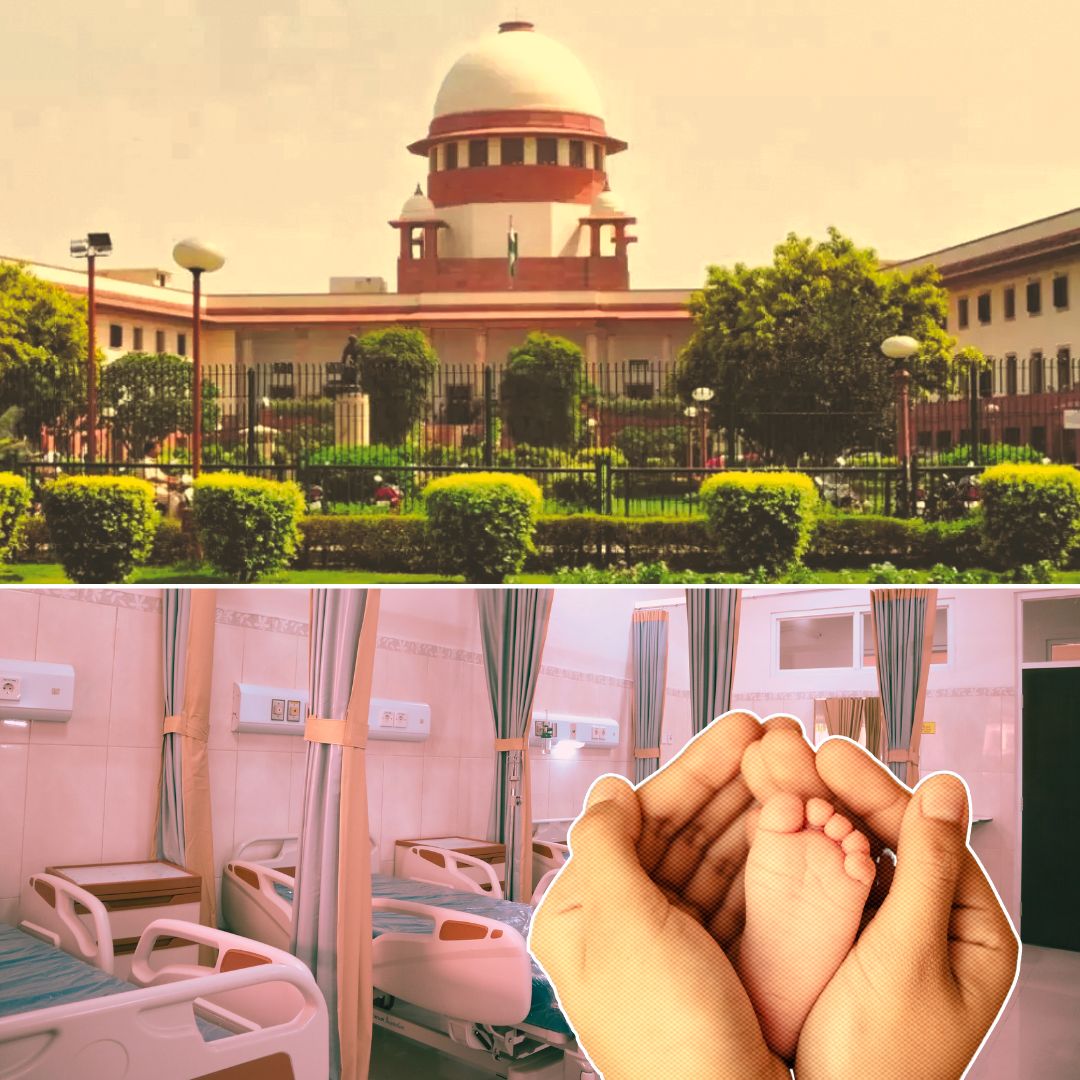The Supreme Court of India has strongly condemned the Uttar Pradesh government for its ineffective handling of child trafficking cases and issued stringent guidelines for all states to prevent such offences. A bench of Justices JB Pardiwala and R Mahadevan ordered that trials in child trafficking cases must be completed within six months and directed authorities to suspend hospital licences if newborns are trafficked.
The Court expressed serious concern over the Allahabad High Court’s decision to grant anticipatory bail to accused traffickers, many of whom have since absconded. The Supreme Court demanded the immediate surrender of accused persons and strict judicial custody, emphasising the urgent need for accountability, swift justice, and systemic reform.
Supreme Court’s Firm Directives and Concerns
During the hearing, Justice JB Pardiwala expressed deep disappointment with the Uttar Pradesh government’s lack of seriousness in addressing child trafficking. He remarked that the accused “knew the baby was stolen” and stressed that the desire for a son cannot justify trafficking a child for monetary gain.
The Court criticised the Allahabad High Court for “callously” granting anticipatory bail without imposing strict conditions such as mandatory weekly police attendance, which allowed many accused to evade arrest and hindered the investigation.
The Supreme Court issued the following key guidelines for all states to follow in order to curb child trafficking effectively:
- Complete trials in child trafficking cases within six months to ensure swift justice.
- Frame charges within one week of filing the First Information Report (FIR).
- Issue non-bailable warrants immediately against accused persons who abscond.
- Suspend licences of hospitals or maternity homes if any newborn is found trafficked from their premises.
- Ensure accused persons surrender immediately and place them under strict judicial custody.
- Implement strict monitoring mechanisms for hospitals, adoption agencies, and related institutions.
- Mandate regular reporting by state authorities on the progress of investigations and victim rehabilitation.
- Treat failure to comply with these guidelines as contempt of court.
The bench called on all state governments to implement these guidelines rigorously and warned that failure to do so would be treated as contempt of court.
Current Status of the Case and Government Response
In response to the Supreme Court’s directives, the Uttar Pradesh police have intensified their efforts to apprehend the accused traffickers. Several individuals implicated in the case have now been taken into custody, while investigations are ongoing to identify and dismantle the trafficking network.
The Uttar Pradesh government has assured the Court of its commitment to strict enforcement of anti-trafficking laws and has promised to strengthen monitoring mechanisms for hospitals, adoption agencies, and maternity homes. The Ministry of Women and Child Development has also been directed to submit periodic progress reports on investigations, victim rescue, and rehabilitation efforts.
Despite these assurances, child rights activists remain sceptical, pointing to previous lapses in enforcement and demanding a transparent, time-bound action plan to ensure that justice is delivered and victims receive adequate support.
Context: The Persistent Challenge of Child Trafficking in India
Child trafficking remains a deeply entrenched and complex problem in India, with approximately 2,000 cases reported annually. States such as Telangana, Maharashtra, Bihar, and Uttar Pradesh are among the worst affected. Although India has a comprehensive legal framework to combat trafficking—including the Bharatiya Nyaya Sanhita (BNS), the Immoral Traffic (Prevention) Act, and the Protection of Children from Sexual Offences (POCSO) Act—implementation and enforcement remain weak.
The conviction rate for trafficking cases is alarmingly low, standing at just 4.8% between 2018 and 2022, largely due to poor investigations, lack of specialised training for law enforcement, and non-functional Anti-Human Trafficking Units (AHTUs) in many states.
The Supreme Court has previously criticised the Union Government for delays in establishing dedicated agencies and mechanisms to combat trafficking effectively. The problem is further compounded by systemic gaps in victim protection, inadequate rehabilitation services, and social stigma faced by survivors, which often discourage reporting and prosecution.
The Logical Indian’s Perspective
The Supreme Court’s stern response to the Uttar Pradesh government’s failure highlights the urgent need for systemic reform and accountability in tackling child trafficking. The Logical Indian applauds the apex court’s proactive stance and clear directives but urges governments at all levels to move beyond mere promises and implement these measures with urgency and transparency.
Protecting vulnerable children from trafficking is not only a legal obligation but a profound moral responsibility that requires coordinated action from law enforcement, healthcare providers, social services, and civil society. Communities must also play a proactive role by raising awareness, reporting suspicious activities, and supporting survivors. Child trafficking is a grave violation of human rights and dignity, and addressing it demands empathy, vigilance, and collective will. How can communities, authorities, and civil society collaborate more effectively to protect children and dismantle trafficking networks?












